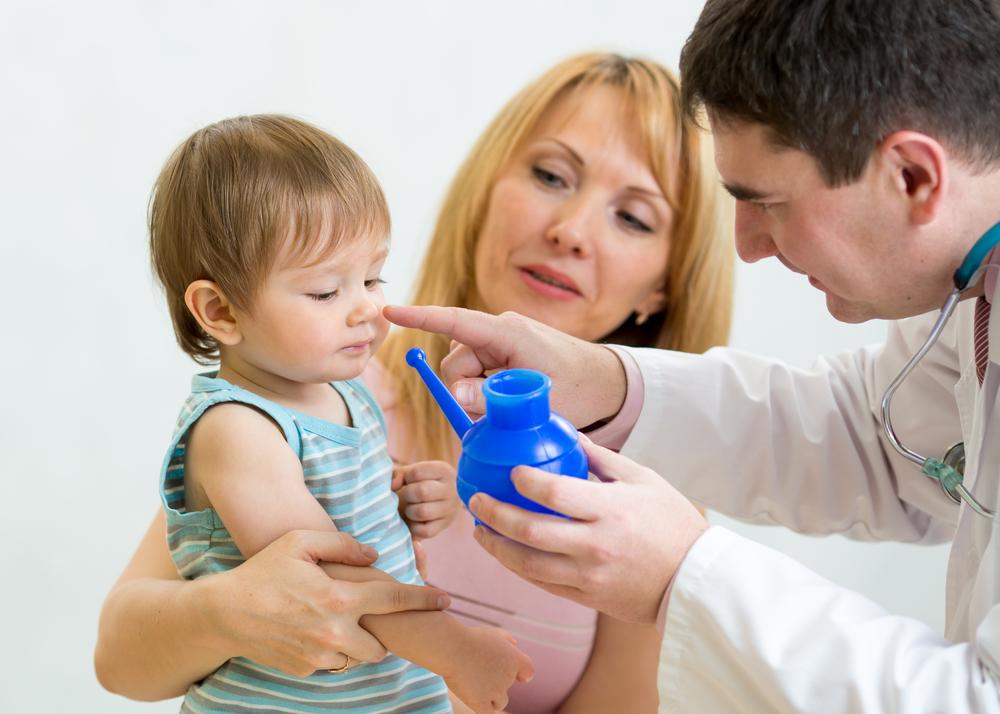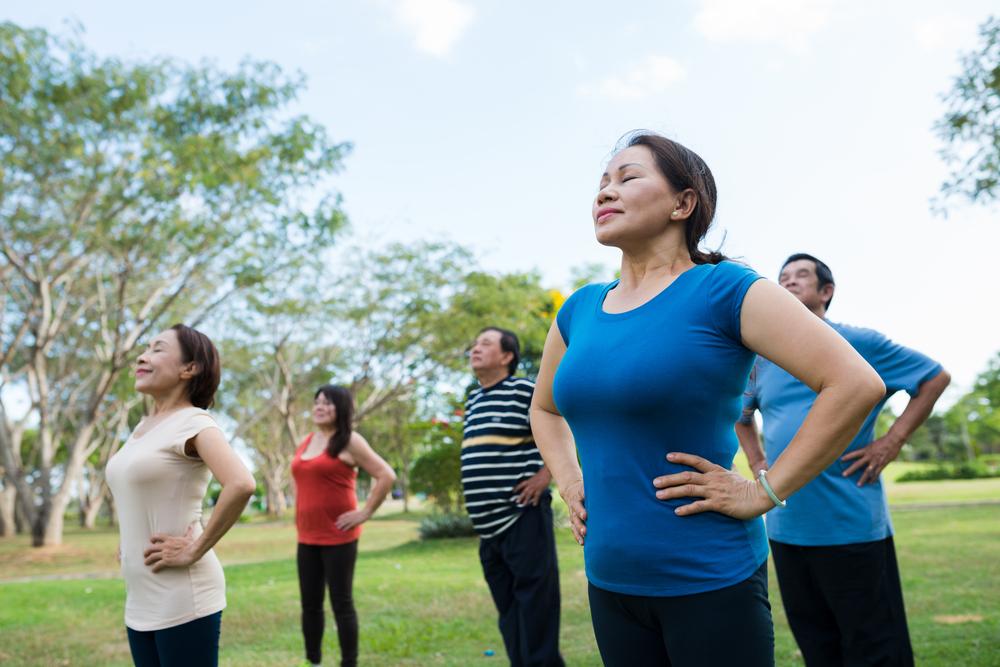In this blog, Sally Crowe reflects on her experiences of post-traumatic stress (PTS) after being diagnosed and treated for a rare cancer, and shares some valuable insights into what she has found can help, or hinder, recovery from this common, but little talked about, consequence of cancer.
I was diagnosed and treated for a rare cancer in late 2018. I approached my treatment with my usual ‘can do’ attitude—despite being in deep shock and feeling as if life would never be the same. I have facial nerve damage as a result of the surgery (had to be done, this cancer dances along the nerve system) resulting in facial ‘tiredness’ and a slight speech impediment.





